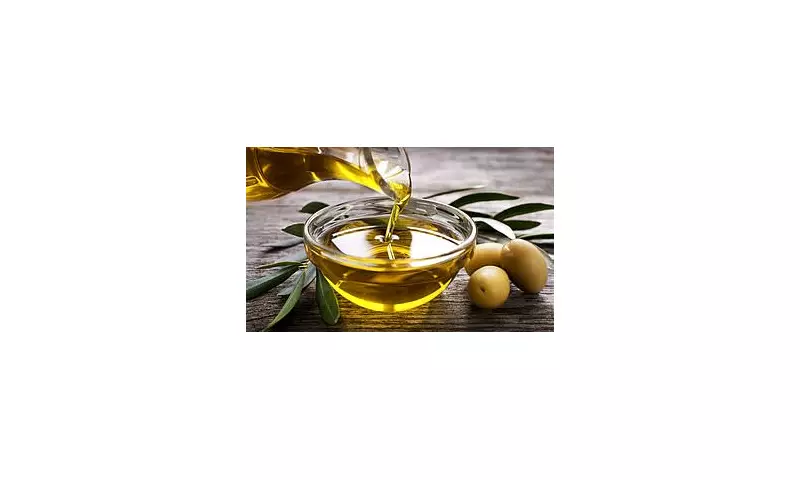
Are you standing in the supermarket aisle bewildered by the endless rows of cooking oils, wondering which one won't sabotage your health goals? You're not alone. The Daily Mail sought expert advice from leading nutritionists to cut through the confusion and rank these kitchen staples once and for all.
The Gold Standard: Oils You Should Cook With Daily
Extra Virgin Olive Oil reigns supreme, earning the top spot for its impressive health credentials. "Rich in heart-healthy monounsaturated fats and powerful antioxidants," explains our nutrition expert, "it's perfect for dressings and low to medium heat cooking."
Close behind, Avocado Oil boasts a high smoke point, making it ideal for roasting and frying while delivering essential fatty acids and vitamin E.
The Middle Ground: Use in Moderation
Coconut Oil, despite its trendy reputation, falls into the moderation category. While great for baking and adding flavour, its high saturated fat content means it should be used sparingly rather than as your everyday go-to.
Sunflower and Vegetable Oils occupy the caution zone. High in omega-6 fatty acids, excessive consumption may promote inflammation when not balanced with omega-3s.
The Bottom of the Barrel: Oils to Limit or Avoid
Nutritionists sound the alarm on Palm Oil, citing both health and environmental concerns. High in saturated fats and linked to deforestation, this oil deserves minimal space in your kitchen.
The real surprise for many home cooks? Butter and Ghee, while fine for occasional use, shouldn't become your primary cooking fat due to their saturated fat content.
Expert Tips for Choosing and Using Oils
- Match oil to cooking method: Use high smoke point oils like avocado for frying, delicate oils like extra virgin olive oil for dressings
- Storage matters: Keep oils in dark, cool places to prevent rancidity
- Diversity is key: Rotate between different healthy oils to benefit from various nutrients
- Read labels carefully: Opt for cold-pressed, unrefined versions when possible
Making smart choices about cooking oils represents one of the simplest yet most impactful changes you can make for your long-term health. As our nutritionist concludes, "Your oil selection can either support wellness or contribute to inflammation and health issues - choose wisely."





